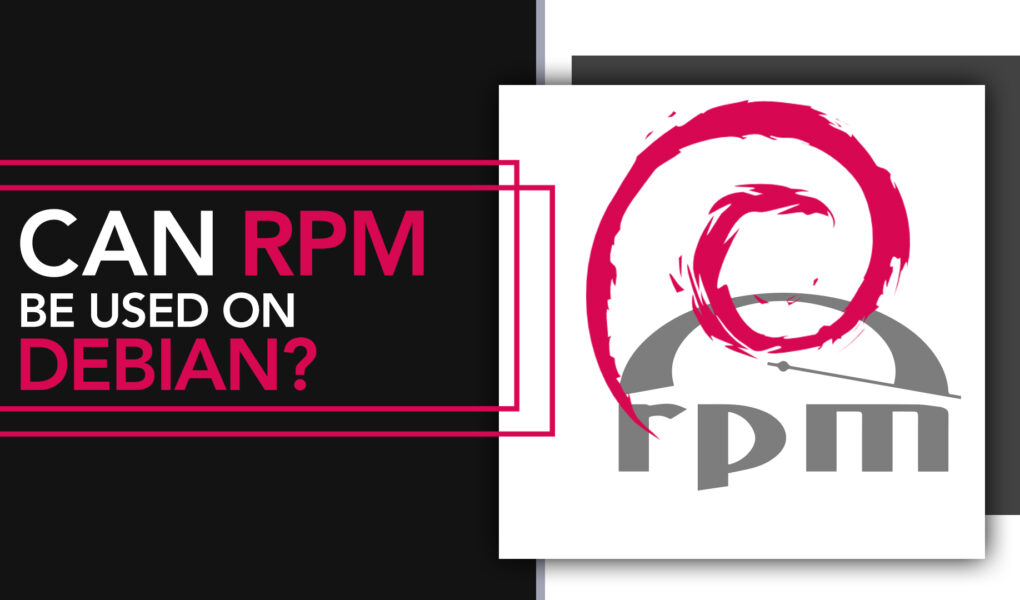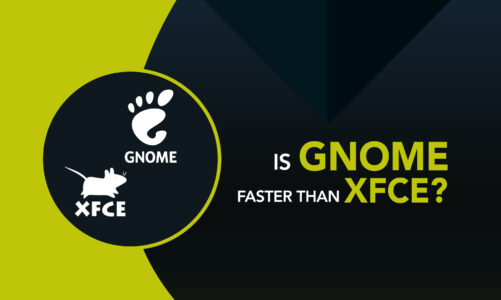The possibility of using RPM, or Red Hat Package Manager, on Debian-based systems; a question asked hundreds of times and might be in your mind as well. But have you got the answer yet? Well, you are just about to as we pen down the article Can RPM be used on Debian or not?
As we move further, it’s important to note that understanding compatibility between different package management systems, such as RPM and Debian, is crucial for anyone looking to optimize their Linux experience, reduce system conflicts, and ensure smoother software installations. So, even if you have got the answer to the question, you need to read the article to understand what it is and how it can impact your system’s performance.
What is RPM?
RPM Package Manager, commonly referred to as RPM, is a powerful, open-source package management system utilized predominantly in Linux distributions like Red Hat and CentOS. This system aids in the installation, upgrade, and removal of software packages, efficiently handling dependencies to ensure that all the required libraries and components are present.
RPM also maintains a database of all installed packages, thereby enabling easy package queries and verifications, simplifying software management tasks in these Linux environments.
What is Debian?
In contrast, Debian is an operating system similar to Unix that is built entirely using open-source software. It uses a package management system known as dpkg, with APT (Advanced Packaging Tool) as the higher-level management tool.
Its commitment to principles like transparency, community involvement, and free software makes Debian not only a versatile OS choice but also a vital contributor to the broader open-source ecosystem.
Compatibility of RPM and Debian
Given their separate origins and systems, you might be wondering about their compatibility.
RPM and Debian represent different package management systems, and they are inherently incompatible because they use distinct package formats: RPM uses .rpm files, while Debian uses .deb files.
Simply put, Debian does not natively support RPM packages. However, cross-compatibility can be achieved through conversion tools.
Alternatives to RPM on Debian
There are alternatives to using RPM on Debian. The most popular one is Alien. This tool enables you to convert RPM packages into the Debian format. It provides a means to use RPM packages on Debian-based systems.
Despite this, direct installation is always recommended when possible, as converted packages may not fully respect the system’s specific file hierarchy or package management policies.
Having said that, if you encounter any problems, the best course of action is to look up the specific error message or symptom. The Debian community is vast and likely has the solution to your problem.
Conclusion
While Debian and RPM represent different realms of package management systems, we have explored that the bridge of compatibility can be built using conversion tools like Alien. But remember, it’s best to only do this if there’s no other way because it might cause some problems with how your system runs. Understanding how these parts of Linux work can help us use open-source software better.



